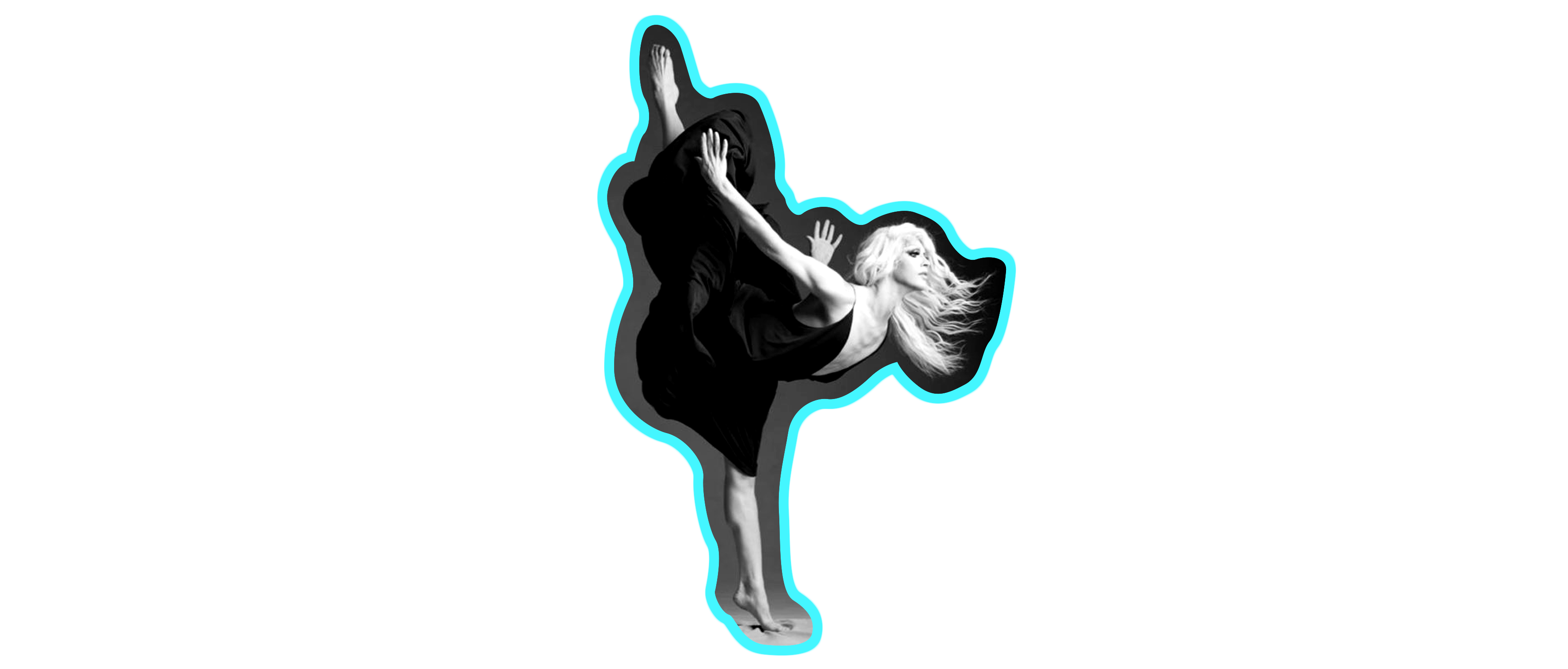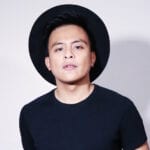Brooke Lynn Hytes needed a glass of water. It had been a packed day that was far from over, and she’d barely had time to hydrate. On this Thursday afternoon, Hytes had just finished a talk at the Elevate Tech Festival in Toronto and still had a couple of hours allotted to interviews before her after-party called Brooke Lynn & Friends Show at midnight.
Just hours earlier, Hytes announced that she had been handpicked by RuPaul Charles to be a permanent judge on Drag Race Canada, the first Canadian franchise of the Emmy-winning reality-competition show RuPaul’s Drag Race.
Hytes has had to get accustomed to a busy schedule. The drag persona of Etobicoke-raised Brock Hayhoe, Hytes was the first Canadian to appear on RuPaul’s Drag Race, where she placed runner-up to Yvie Oddly in Season 11. She went on tour, attended the Emmys, was featured in publications like Paper and New York Magazine, and hung out with politicians.
Hytes was dubbed Queen of the North during her time on Drag Race—a brand that has stuck (her website’s icon is a Canadian flag). But representing the country comes with great responsibility, and Hytes acknowledges that carrying Canada’s name comes with the pressure to deliver.
On the heels of her Drag Race Canada announcement, Xtra talked to Hytes about the Canadian drag scene, politics and drag haters.
Congratulations on being chosen as one of the permanent judges on Drag Race Canada! What was it like when you heard the news? Can you walk us through that day?
Oh my god, I was so excited. It was like a pipe dream. I didn’t think it was gonna’ happen so quickly or if it was gonna’ happen at all. I was like, “Oh, one day I’d love to do a Canadian Drag Race.” And then—it was in probably April or May, just after we had finished the season—[the producers] were like, “Would you like to be a judge on Canada’s Drag Race?” I’m like, “What? It’s happening? Already?” I was shocked and very excited.
What’s unique about Canadian drag?
I think it’s important to make a Drag Race Canada because drag queens up here don’t have anything to do. There’s nowhere to go. There’s nowhere for them to aspire to be. In the States, [aside from Drag Race] they have national pageants that are something that queens aspire for, and it motivates them to become better. In Canada, we don’t have pageants. So it’s important to give people inspiration and to give people motivation to create better drag queens and better artists. [Drag in Canada] is more artistic, and everyone kind of has to find their own way, which I think is interesting.
What do you expect from the Canadian franchise?
I’m hoping for a lot of amazing looks. I’m hoping for some good drama, and I’m hoping for some epic performances.
Let’s talk about the queens: What do you expect to see? What would you love to see?
I expect to see vulnerability. I expect to see authenticity. I want to see who they really are and I want them to be 100 percent themselves on camera, which is a very hard thing to do. A lot of times people like try to produce themselves and edit themselves to make them look like what they think we want to see. But we just want to see who you are.
As a Drag Race alumna, what’s your advice to your Canadian sisters?
Prepare as much as you possibly can. Think about all the details. God is in the details. And at the end of the day, just remember to have fun. You’re supposed to be enjoying yourself. Don’t take yourself too seriously. Allow yourself grace when you make mistakes and just live in the moment.
Let us into a secret: Can you take us behind the scenes of Drag Race and share something that didn’t make it on TV?
The first episode we had all come back from Untucked [the Drag Race aftershow], and we’re standing on the back of the stage except for Soju and Kahana, who were lipsyncing. I think Akeria had too much to drink on Untucked, and she fell off the side of the stage. That didn’t make it on camera but it was really, really funny.

Most of Canada rooted for you during your Drag Race run. How did that make you feel?
I think one of my favourite things about being Canadian is that Canadians always support other Canadians. It doesn’t matter what they’re doing or if they’re interested in it or if they pay attention to it. But if you see another Canadian doing something amazing you’re like, “Yeah that’s amazing! It’s Canadian!”
RuPaul and other queens have said that drag will always be political. What was it like when you heard the news of PPC leader Maxime Bernier criticizing the government of Canada for rooting for you?
I felt indifferent. I just don’t pay attention to bullies and nasty people. I mean, the more power you give them, the more they live. So if you just ignore, just laugh it off, then, meh whatever. I know who I am and I know I’m proud to be a part of a country that would tweet out a drag queen to congratulate them for being on a show. Because that’s the kind of place Canada is.
Speaking of the government, you met Prime Minister Justin Trudeau in June. What was that like?
It was wonderful. He was so sweet and warm and welcoming. I think it’s just so amazing, looking around the world at the political climate we’re in right now, and then having the leader of such a huge nation like Canada who wants to meet a drag queen and take time to take pictures with them and talk with them about their life and other experiences that just doesn’t happen. Only in Canada would that happen. I was really touched by it.
I was really appreciative that he always takes time for the LGBTQ2 community—he’s always there. He’s always very visible for us. It’s just such an important thing, especially for a community that usually feels so forgotten and marginalized, to have the leader of the country be there and make them feel seen. It’s so amazing. And then you just look like next door to the States and you’re like, “Come on!”
Trudeau was in the news last week after photos of him in blackface were released. Prior to the Season 11 premiere, photos of you posing with a Toronto queen in blackface emerged. After seeing the Trudeau story, what was your reaction? What do you hope will come out of this story?
I mean, I was obviously disappointed. It was a horrible thing to do. There is no excusing it. But I’m very proud that he came out immediately and apologized for it. That’s all he could really do at that point. We have to move past it, and whatever happens, happens. But I think it’s really important that he owned up to it.
It was disappointing for sure, as it was disappointing when it happened to me. I just felt really bad that the whole thing happened.

You’re referred to as the Queen of the North. Does the title come with great expectations?
I think so, yeah. I kind of have a whole country on my shoulders. I definitely feel pressure to deliver a certain level, but that kind of drives me to be better and pushes me to be the best I can be. I kind of thrive off of pressure.
How do you keep up?
You just do it! You don’t think about it you just keep going as hard as much as you can.


 Why you can trust Xtra
Why you can trust Xtra


